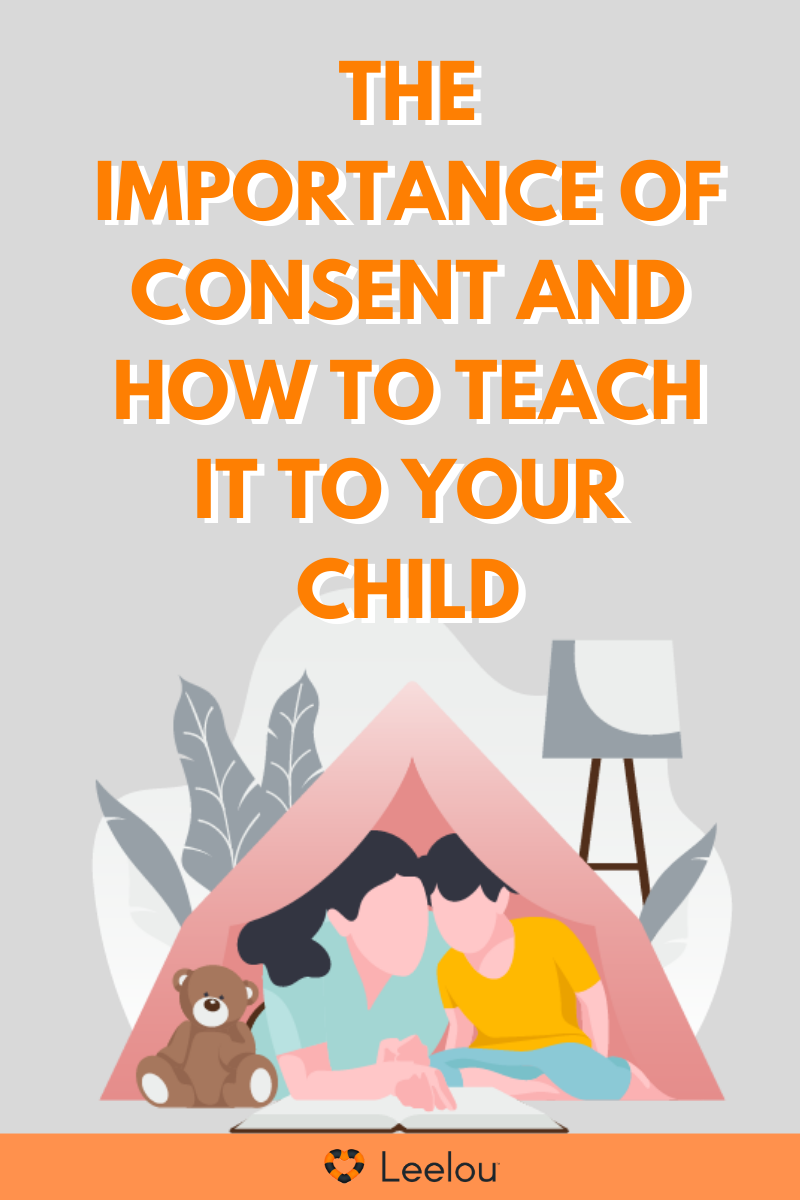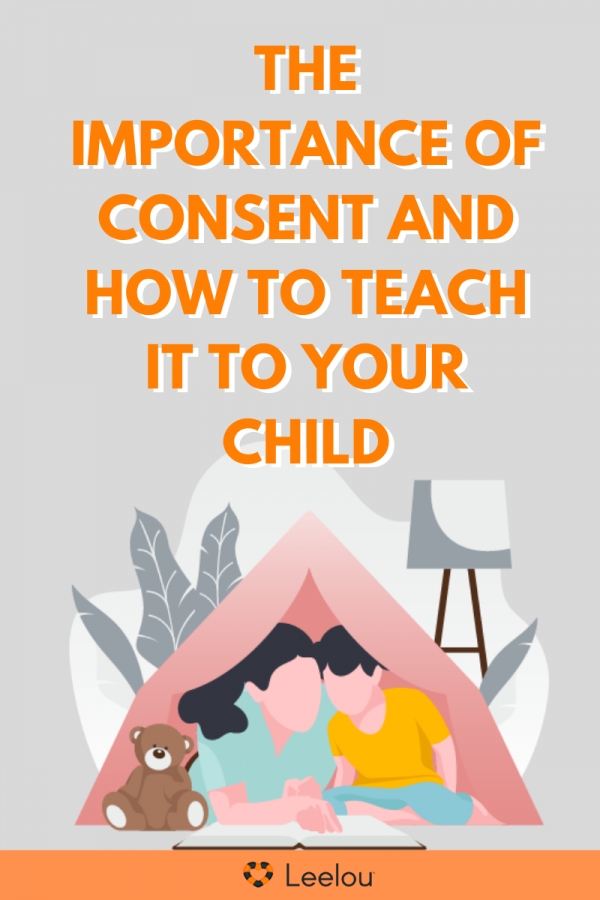
Teaching consent is an important part of educating your child about sexual health. It’s a fundamental concept that can be taught at any age. It lets your child know that their voice matters and they have choices. They’ll also learn to respect the choices of others as they understand the concept of consent.
Below are five important aspect of consent you should teach your child, but, keep in mind, there is no greater teacher than your example. If you live the things you’re teaching, your child is that much more likely to utilize it in their own life.
Permission is important.
Asking for and granting permission is important, especially when it comes to something like physical affection. This is the type of lesson that can be taught on a smaller scale (like being allowed to give permission to let someone borrow their toy) and expanded on as they grow older.
They can change their mind.
There are times when your child will say “yes,” but want to change it to a “no” due to the experience, emotions, fear, etc. they are having. Allow them to change their mind. Teach them to respect it if someone else changes their mind as well. Consent is not a blanket “yes” forever and your child should understand that.
Allow them to say “no” to hugs.
One of the things we like to say is “don’t force the hug” when teaching children about sexual health. Allowing them to give and receive physical affection on their own terms makes it possible for them to realize that they have a voice. Allow them to say no to a hug or kiss and teach the other adults in their life to respect your child’s decisions as well.
Ask them for consent.
When you’re going to touch your child or move into their personal space, practice asking them if it’s okay. “May I hold your hand?” “Can I get a hug?” “Will you let me brush your hair?” This small act can teach them that they have a say in who touches them, how they are touched (a hug, a kiss, a high-five, etc.) and when.
Practice in front of them.
It’s important to model consent for them. Let them see that when someone says “no” you respect it. Every time you respect others, you are teaching them about respect, especially when it comes to the people in your circle of trust.
Teaching a child about consent means teaching them about boundaries. So, establish boundaries in the home and natural consequences when those boundaries are crossed. Explicit lessons about physical boundaries can begin as soon as children are becoming curious about bodies, around 4 years old.
Lessons around physical boundaries start simple with reinforcing the idea that no means no and that children are not allowed to touch another person without permission. Parents need to respect their children’s boundaries, too. Model consent by not tickling, hugging, kissing, or wrestling children when they say no.
If children are struggling to understand, couch the lesson in the idea of asking permission, which may be easier for some kids to understand.
Too often children, simply because they are children, are made to feel that they have no say in what happens to them. There’s a balance, of course, between allowing your child to make their own choices and reinforcing the values that you find important.
After boundaries are firmly enforced around the material world, lessons of consent can then become explicitly about personal boundaries. That discussion can happen with kids as young as four because they are already starting to learn and be curious about their bodies. You start to tell them that their privates are private and that ‘no’ means ‘no’. That means if you go over to touch somebody, without their permission, you can get in trouble. That’s really what it boils down to.
Just make sure you let them know that you heard them, even if you can’t give them everything they want in that moment. There are times when you won’t be able to indulge all their wants but allowing them to practice consent will go a long way to teaching them about consent in all aspects of their life, especially when it comes to sexual health. Teaching basic regard for consent in all forms will help your child understand it when it comes to their own bodies and the bodies of others.


